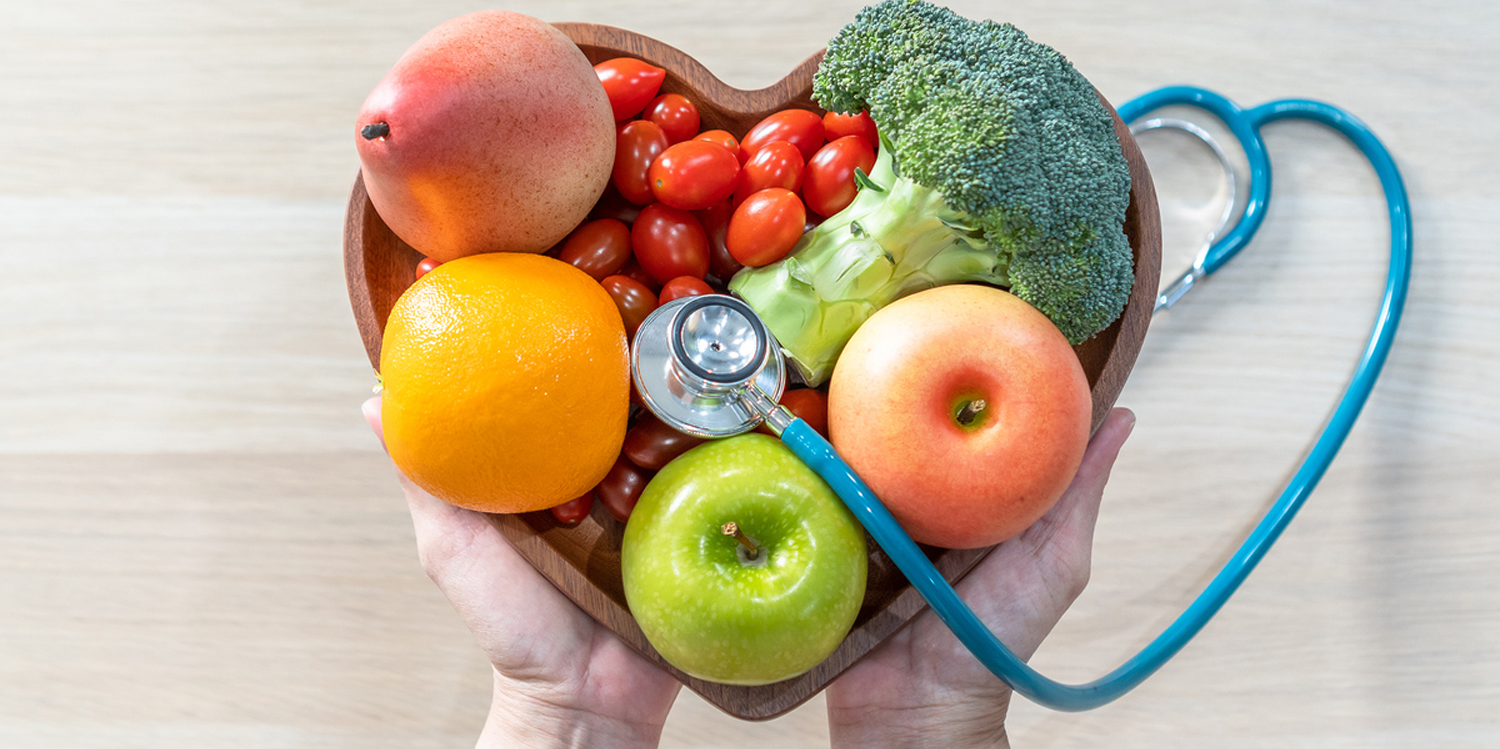They are often not the first dish we reach for when we are gorging on Christmas dinner, but there’s a good reason to load your plate with veggies this year.
Studies on twins have shown that eating more fruit and vegetables could help reduce depression.
The many benefits of eating plenty of fruits and vegetables are well known, but few studies have focused on those over 45 or twins.
Researchers from UNSW Sydney’s Centre for Healthy Brain Ageing looked at four major international studies to assess the link between fruit and vegetable intake and depressive symptoms over 11 years.
The studies included 3,483 twins from Australia, Denmark, Sweden and the US.
They concluded higher intakes of both fruit and vegetables were associated with lower symptoms of depression over time.
The beneficial relationship between fruit and vegetable consumption and depression is most likely due to high levels of dietary fibre, vitamins and micronutrients, researchers said.
Individuals with major depression exhibit higher levels of pro-inflammatory and oxidative stress markers and diminished levels of antioxidant markers, when compared to healthy individuals.
Consumption of fruit and vegetables appears to positively impact the composition of the gut microbiome and protect against oxidative damage to the brain.
Lead author and post doctoral fellow Dr Annabel Matison said the findings are yet another reason to encourage people to increase their fruit and vegetable intake.
“The importance of the gut microbiome and its potential influence on depression as a result of inflammation, both systemic and neuroinflammation, is becoming increasingly well understood,” she said.
Dr Matison said healthcare providers should consider monitoring their patients’ fruit and vegetable intakes and providing behavioural counselling to help those who do not eat a balanced diet.
In the studies, low intake of fruit was around 0.3 serves per day and low intake of vegetables was 0.5 serves per day; whereas high fruit intake was 2.1 serves per day and high vegetable intake was 2.0 serves per day.
Total fruit and vegetable consumption in the high category still fell notably short of the dietary recommendations of most countries. In Australia, it is recommended people eat at least five servings of vegetables and two servings of fruit every day.
Dr Matison added: “We found that fruit and vegetable consumption in the two large Scandinavian studies were particularly low, with the average for both being less than half of the World Health Organisation recommended intake of at least 5 serves per day.
“We are unclear what the reduction in depression scores would be if intakes were increased to recommended levels.”
Co-author and leader of the Centre for Healthy Brain Ageing’s genomics and epigenomics group Dr Karen Mather said twin studies provide a unique opportunity to address some of the limitations of previous observational studies.
“Twin pairs share 50-100% of their genetic background and when raised together share the same family environment,” she said.
“One of the advantages of the twin design is that it can help address the issue of unwanted factors, such as socioeconomic status early in life, influencing the results.”
Depressive disorders significantly contribute to disease burden in adults over the age of 55, ranging from mild depression to severe major depressive disorder.
The burden of disease for mental health concerns like depression has increased between 2003 and 2024, according to the 2024 Australian Burden of Disease Study.
Depression and other mental health concerns are also putting pressure on EDs, with mental health presentations to WA EDs now around 125 per 10,000 people.


